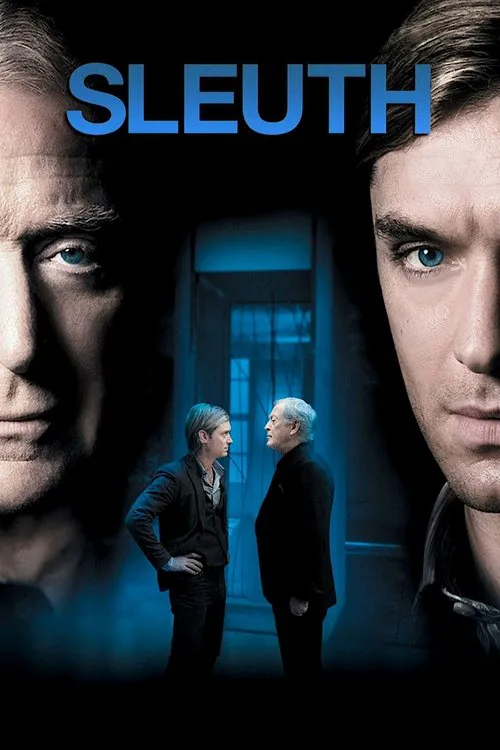The Architectural Mind Games of “Sleuth”: Unpacking a Psychological Masterpiece
Stephen Sondheim famously asked, “Isn’t it rich?” when contemplating the irony of life’s complexities. In the case of Sleuth, the 1972 cinematic adaptation of Anthony Shaffer’s Tony Award-winning play, “rich” feels like a gross understatement, as the film delivers a labyrinthine exploration of deception, obsession, and the razor-thin line between reality and elaborate fiction. This isn’t just a mystery; it’s a metanarrative, a meticulously crafted game of cat-and-mouse that keeps audiences guessing long after the credits roll.
From Stage to Screen: Confining Brilliance
At its heart, Sleuth presented a formidable challenge, and indeed, a unique opportunity, for its filmmakers. Stemming from a two-man play (at least visibly), the film inherently limited its cast and location, predominantly confining the narrative to the sprawling, eccentric country estate of celebrated mystery writer Andrew Wyke. This choice wasn’t a constraint but a deliberate artistic decision, elevating the setting itself to a character that breathes, schemes, and holds secrets within its ancient walls. The mansion becomes a theatrical stage for Andrew’s elaborate mind games, its grandiosity and anachronistic charm reflecting the writer’s own theatrical sensibilities and penchant for the dramatic.
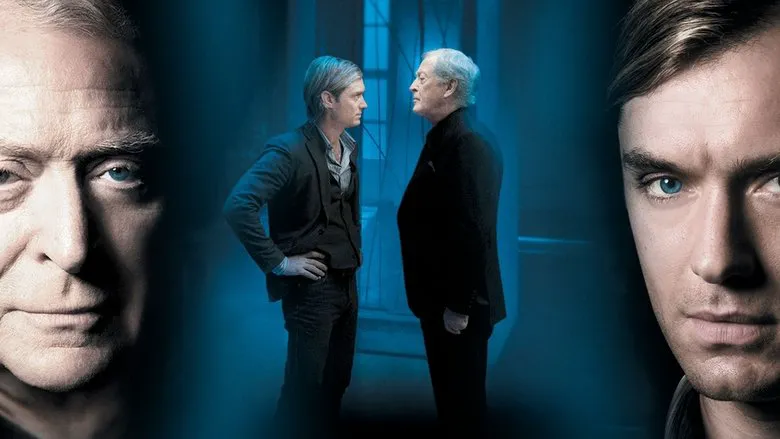
Behind the scenes, the successful transition from a tightly focused stage production to a compelling cinematic experience hinged on brilliant direction and an understanding of how to use the medium to expand the play’s psychological tensions without losing its intimate intensity. The camera becomes another unseen participant, observing every flicker of suspicion, every calculated smirk, and every subtle shift in power dynamics between Andrew and his unsuspecting rival, Milo Tindle.
A Duel of Wits: Crafting Character Depth
Sleuth thrives on character study, presenting a masterclass in psychological warfare between two vastly different men. Andrew Wyke, portrayed as a declining yet still devious author, represents an aging intellect, obsessed with the mechanics of the mystery genre and increasingly intertwining his personal frustrations with his fictional constructs. His struggle to complete ‘The Chinese Puzzle’ ironically mirrors his struggle to control the ‘puzzle’ of his own life and relationships. This mental entanglement is key to understanding his motives.
Enter Milo Tindle, the charismatic young actor who has stolen Andrew’s wife, Joy. On the surface, Milo appears to be nothing more than a fresh-faced challenger, but as the film unfolds, he proves to be an equally shrewd and adaptable combatant, capable of turning the tables when least expected.
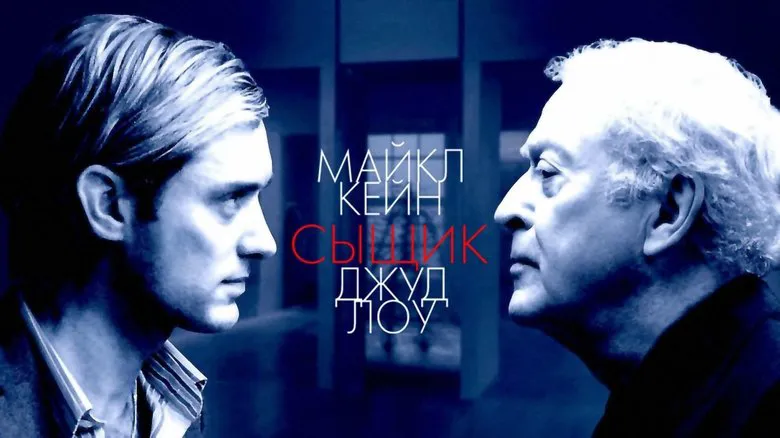
The core appeal of Sleuth lies in watching these two individuals engage in a high-stakes intellectual battle, where words are weapons and vulnerabilities are exploited with surgical precision. The narrative skillfully blurs the lines between reality and simulation, leaving the audience, much like Milo, scrambling to discern what is part of Andrew’s macabre game and what is truly happening. This constant re-evaluation of truth creates an immersive, unsettling experience.
The Art of Deception: Unpacking the Layers of Illusion
The film’s behind-the-scenes brilliance also lies in its intricate layering of deceit. What begins as Andrew’s elaborate “game” to expose a wife’s infidelity quickly evolves into a far more complex exploration of masculinity, jealousy, and power. Each twist, each revelation, throws earlier assumptions into question, forcing viewers to constantly re-evaluate who is truly in control.
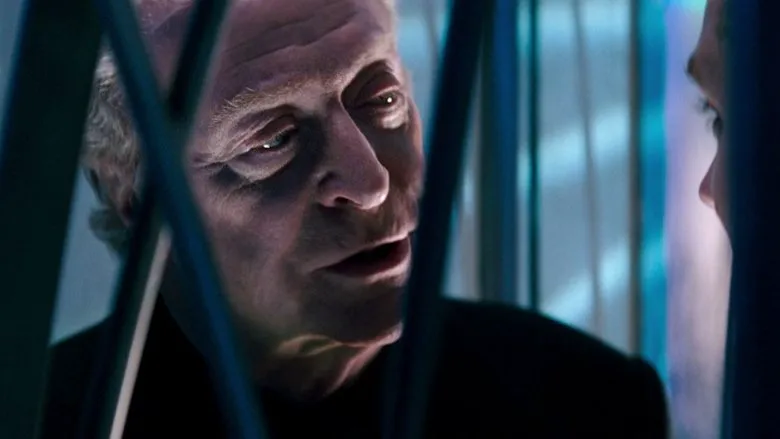
The dialogue, sharp and sophisticated, is not merely exposition but a crucial component of the grand deception. Every line, every pause, is imbued with double meanings and subtle hints. The actors’ ability to convey these shifting layers of intent without giving away the ultimate surprises is a testament to their craft. The film plays with archetypes – the jilted husband, the young lover – only to dismantle them piece by piece, revealing the more cunning and disturbing aspects of their characters.
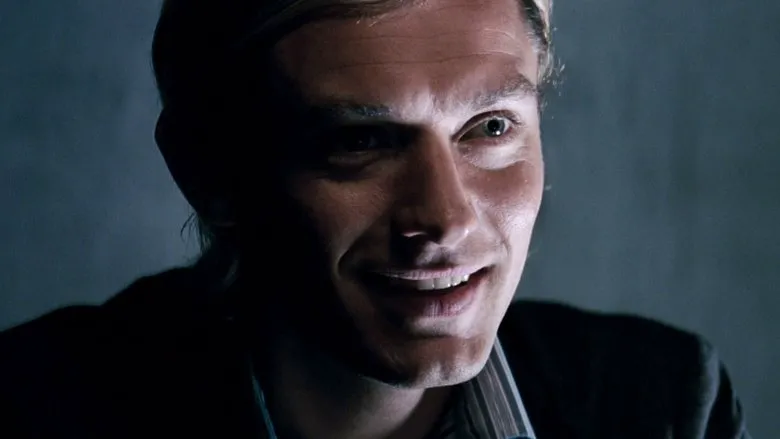
The Unseen Mastermind: Joy’s Ultimate Revelation
Perhaps the most potent aspect of Sleuth’s lingering impact is its stunning third-act revelation. Throughout the entire intellectual showdown between Andrew and Milo, the audience, alongside the two male protagonists, is led to believe they are witnessing a battle stemming from a husband’s discovery of infidelity or an elaborate psychological test of mettle.

However, the ultimate shock comes with the realization that the entire weekend, this meticulously orchestrated web of intrigue, was subtly orchestrated by the ostensibly helpless woman at the center of the conflict: Joy. Her unseen hand has manipulated events from the very beginning, not just to test her husband’s love, but primarily to shatter his suffocating intellectual obsession and finally break free from a life she finds unbearable. This twist is a masterstroke, redefining the narrative and elevating Sleuth beyond a simple thriller into a commentary on agency and the often-underestimated power of the “silent” player.
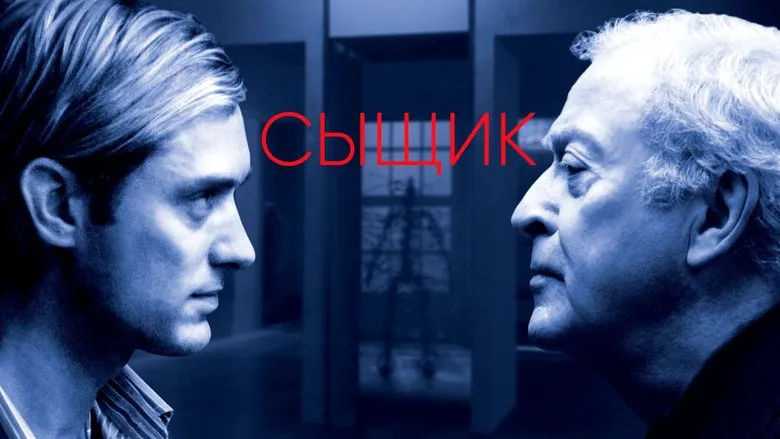
The brilliance of this revelation lies in how it retroactively re-contextualizes every interaction, every game, making Joy the true hidden architect of the chaos. Her final walk-out is not just an exit but a profound statement, leaving both Andrew and Milo in a state of stunned silence, their own intricate games rendered moot by a woman who played them both.
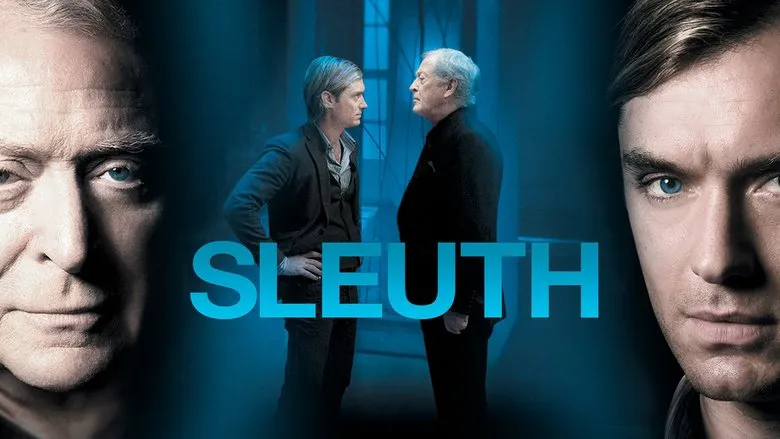
A Legacy of Introspection: Beyond the Mystery
Sleuth doesn’t just deliver suspense; it provokes introspection. It challenges the audience to question not just who is manipulating whom, but the very nature of truth and fiction in our lives. The film demonstrates how easily reality can be twisted, how personal narratives can be constructed, and how those who believe themselves to be master manipulators can still be victims of a greater game.
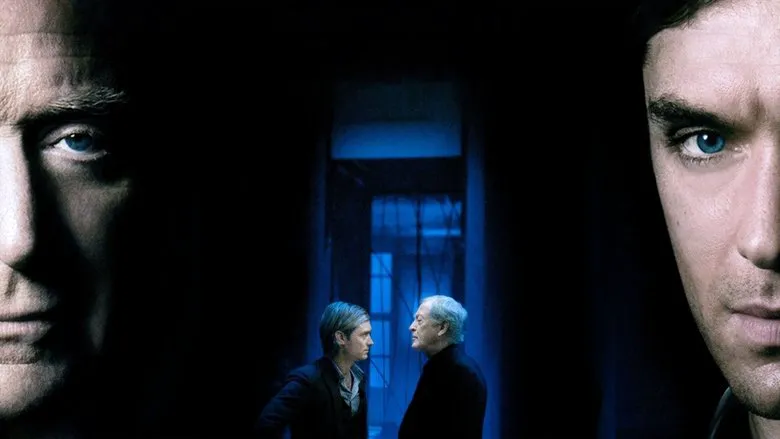
This psychological depth, coupled with its sharp wit and sustained tension, is why Sleuth continues to be celebrated as a benchmark in the thriller genre. It’s a testament to the power of a well-crafted script, compelling performances, and ingenious direction that can transform a confined setting into an expansive battlefield for the human mind. The mystery of Sleuth might be solved, but its questions about love, deception, and the fragile nature of perception linger on, inviting new audiences to unravel its intricate layers again and again.
